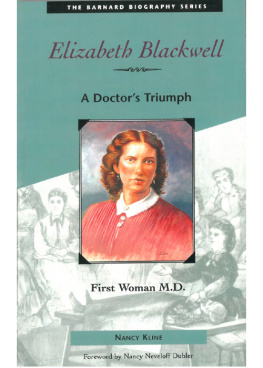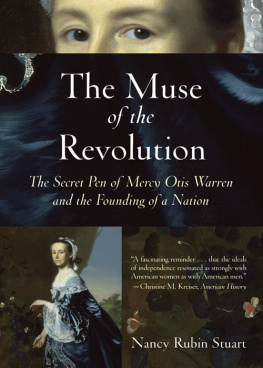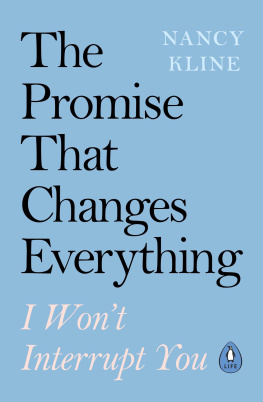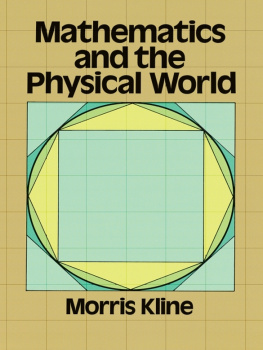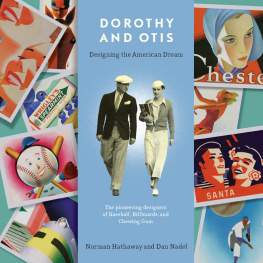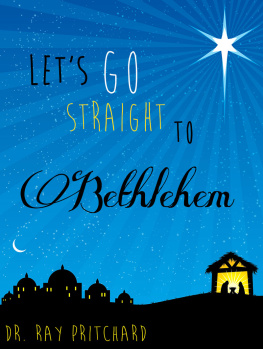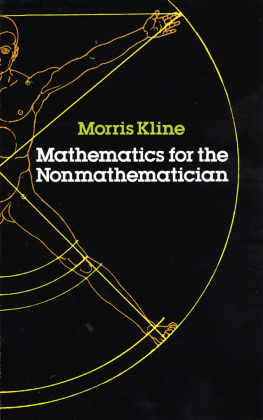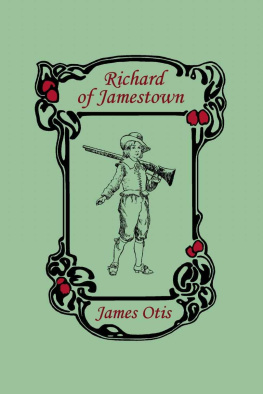Otis Adelbert Kline - Writing the Fantastic Story
Here you can read online Otis Adelbert Kline - Writing the Fantastic Story full text of the book (entire story) in english for free. Download pdf and epub, get meaning, cover and reviews about this ebook. year: 1930, publisher: Amontoth/Genesis, genre: Religion. Description of the work, (preface) as well as reviews are available. Best literature library LitArk.com created for fans of good reading and offers a wide selection of genres:
Romance novel
Science fiction
Adventure
Detective
Science
History
Home and family
Prose
Art
Politics
Computer
Non-fiction
Religion
Business
Children
Humor
Choose a favorite category and find really read worthwhile books. Enjoy immersion in the world of imagination, feel the emotions of the characters or learn something new for yourself, make an fascinating discovery.

- Book:Writing the Fantastic Story
- Author:
- Publisher:Amontoth/Genesis
- Genre:
- Year:1930
- Rating:4 / 5
- Favourites:Add to favourites
- Your mark:
- 80
- 1
- 2
- 3
- 4
- 5
Writing the Fantastic Story: summary, description and annotation
We offer to read an annotation, description, summary or preface (depends on what the author of the book "Writing the Fantastic Story" wrote himself). If you haven't found the necessary information about the book — write in the comments, we will try to find it.
Writing the Fantastic Story — read online for free the complete book (whole text) full work
Below is the text of the book, divided by pages. System saving the place of the last page read, allows you to conveniently read the book "Writing the Fantastic Story" online for free, without having to search again every time where you left off. Put a bookmark, and you can go to the page where you finished reading at any time.
Font size:
Interval:
Bookmark:
By
From The Writer ~ January 1930
Writing, with me, is a semi-subjective process. I mean by this that I find it necessary, at times, to wait for that temperamental and elusive entity, my Muse, to cooperate with me. Every day I try to write, and I mean TRY. But some days I produce only a few hundred words fit for nothing but filing in the wastebasket. And on the other hand I have, in a single day, produced six or seven thousand words of marketable copy.
So this, the problem of successfully wooing the Muse, is the one which I find most difficult of solution. I have a profound admiration for writers who can sit down at their desks, day after day, and, without fail, bat out two or three thousand words of good, salable material in two or three hours. Most of them will tell you this is the result of practice-of continuous trying. But I've been trying for ten years, and selling stories for eight, and today my Muse is as obstinate and capricious as ever.
Although I had previously written songs, plays, and moving picture scenarios, my first inspiration for writing fiction, strange as it may seem, came from reading books on psychology. And that reading was the result of some previous incidents in my life, so perhaps I had better begin a little farther back.
When I graduated from high school, I decided that I would launch on a musical career, and gave up my plans for going to college. I became a professional songwriter. I also tried my hand at plays and moving picture scenarios, and wrote vaudeville sketches and even plots for burlesque shows. I later became a music publisher. But it was a hard life, with much night work, plugging songs in theatres, dance halls, and cafes, and I tired of it, in spite of the fascination the element of chance gave to the work.
Putting out songs was like playing poker; no one could predict a hit with certainty.
I decided on a business career, and went to a business college. Shortly after this, I got a job, and at twenty-two I married. No chance, then, to go to college. But going to college had been a sort of tradition in our family. I had to work every day to keep the well-known and justly unpopular wolf from breaking down the door. But my evenings were my own. I decided to use them for the improvement of what I optimistically called my mind.
I would take one subject at a time, and study. But where should I begin? I recalled that a certain ancient philosopher had once said there are but three things in the universe--mind, force, and matter. Mind controls force, and force moves matter. It was easy to decide which of these things was the more important, so I began by studying psychology--a science which, by the way, is in its infancy--no farther advanced today than were the physical sciences a century ago.
Having read practically everything there was on the subject over a period of years, I began to have some theories about psychic phenomena, myself. I started a ponderous scientific treatise, but didn't carry it far. This medium limited my imagination too much. Then I wrote a novelette, "The Thing of a Thousand Shapes," in which some of my ideas and theories were incorporated. It was turned down by most of the leading magazines in 1922, but early in 1923 a magazine was made to order for the story--Weird Tales. It was accepted, and published in the first issue. This was before the word "ectoplasm" was used in connection with psychic phenomena. A German writer, whose translated work I had read, had coined the word "teleplasm," but this did not seem precisely the right term, so I coined the word "psychoplasm." I notice that it is being used today by some writers of occult stories.
I had finished writing the above novelette early in 1921, and decided to try my hand at a novel. I wanted to write an interplanetary story, and I believe the reason for this lay in the following incidents.
As soon as I was able to understand, my father, who was interested in all the sciences, and especially in astronomy, had begun pointing out to me the planets that were visible to the naked eye; had told me what was known of their masses, densities, surfaces, atmospheres, motions, and satellites; and that there was a possibility that some of them were inhabited by living beings. He taught me how to find the Big and Little Dippers, and thus locate the North Star, that I might make the heavens serve as a compass for me, by night as well as by day. He pointed out that beautiful and mysterious constellation, The Pleiades, which inspired the lines in the Book of Job: "Canst thou bind the sweet influences of Pleiades, or loose the bonds of Orion?"
He told me of the vast distances which, according to the computations of scientists, lay between our world and these twinkling celestial bodies--that the stars were suns, some smaller than our own, and others so large that if they were hollow, our entire Solar System could operate inside them without danger of the planet farthest from the sun striking the shell. He told me of the nebulae, which might be giant universes in the making, and that beyond the known limits of our own universe it was possible that there were countless others, stretching on into infinity.
My childish imagination had been fired by these things, and I had read voraciously such books on the subject of astronomy as were available in my father's well-stocked library. He supplemented and encouraged this reading by many interesting discussions, in which a favorite subject for speculation was the possibility that planets, other than our own, were inhabited.
Geology, archaeology, and ethnology were also brought into our discussions. We lived in northern Illinois, which had in some distant geological epoch been the bottom of an ocean, and took pleasure in collecting such fossil remains as were available. Dad and I could become very much excited over bits of coral, and fossil marine animals.
Then there were Darwin, Huxley, Tyndall, and others, with their interesting theories. There was the great mystery of man's advent on this earth, which religion explained in one manner and science in another. We discussed these, and a third possibility, an idea of my father's, that some of our ancient civilizations might have been originated by people who came here from other planets--the science of space-navigation forgotten by their descendants, but the tradition of their celestial advent persisting in their written and oral traditions. That such traditions did persist was beyond dispute. Whence came these traditions that were not confined to related civilizations, but were preserved by widely separated peoples?
It was with this background that I began my first novel in 1921-a tale of adventures on the planet Venus. I called it Grandon of Terra, but the name was later changed to The Planet of Peril.
The problem of how to get my hero to Venus bothered me not at all, for I had been reading about the marvelous powers of the subjective mind: of telepathy, that mysterious means of communication between minds which needs no physical media for its transmission, and which seems independent of time, space, and matter. I haven't the space to enlarge on this here, but can refer you to the thousands of cases recorded by the British Society for Psychical Research, if you are interested. There was also the many cases of so-called astral projection, recorded by the above society in a volume called Phantasms of the Living. My hero, therefore, reached Venus by the simple (try it) expedient of exchanging bodies with a young man on that planet who was his physical twin. He reported his adventures on Venus to an earthly scientist, Dr. Morgan, by telepathy.
Cloud-wrapped Venus is supposed to be in a stage similar to our own carboniferous era. I, therefore, clothed my hypothetical Venus with the flora of such an era-ferns, cycads, and thallophytes of many kinds, including algae, fungi, and lichens of strange and eerie form.
Font size:
Interval:
Bookmark:
Similar books «Writing the Fantastic Story»
Look at similar books to Writing the Fantastic Story. We have selected literature similar in name and meaning in the hope of providing readers with more options to find new, interesting, not yet read works.
Discussion, reviews of the book Writing the Fantastic Story and just readers' own opinions. Leave your comments, write what you think about the work, its meaning or the main characters. Specify what exactly you liked and what you didn't like, and why you think so.

